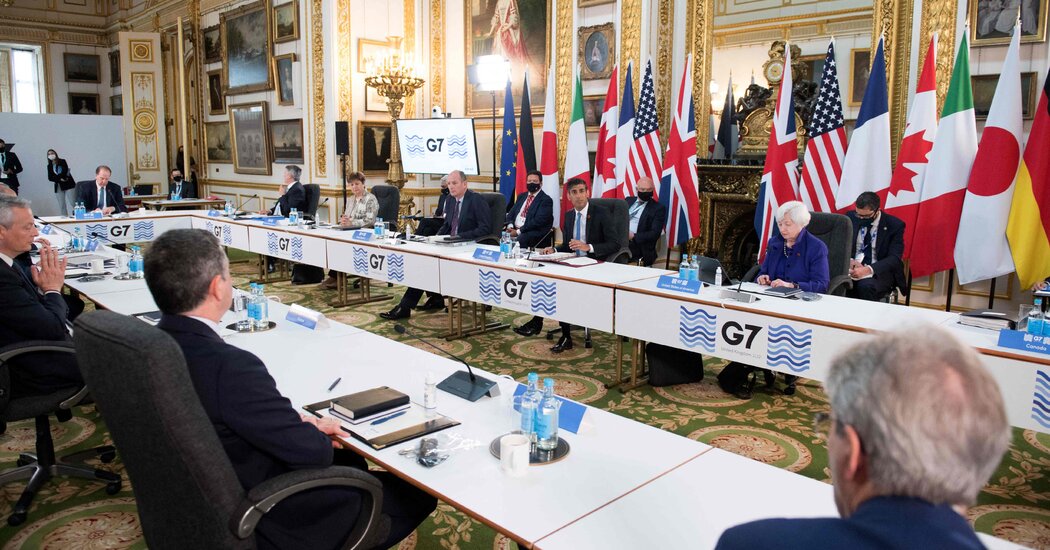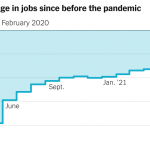
A Treasury Department spokeswoman had no comment.
Top economic officials from Spain, Italy, France and Germany expressed optimism on Friday morning that the tax negotiations, which have been going on for several years, are on track. In an essay published in the Guardian newspaper, they suggested that the new negotiating approach from the Biden administration was more constructive than the tactics of the Trump administration, which walked away from the bargaining table last year.
Today in Business
“With the new Biden administration, there is no longer the threat of a veto hanging over this new system,” they wrote, adding that they thought a global tax agreement could be done by July. “It is within our reach.”
Officials hope that an agreement at the G7 will lead to even broader support when the Group of 20 finance ministers gather in Italy next month and pave the way to a final agreement when the G20 leaders convene in October. The negotiations are taking place through the Organization for Economic Cooperation and Development, the Paris-based international policy agency that counts the world’s wealthiest nations as members.
Carrying out the deal will be complicated and require countries to change their laws to comply with what has been agreed in principle. Republican lawmakers in the United States have already expressed concern with the proposals.
The Biden administration continues to hold out the possibility of retaliatory tariffs against European countries that have enacted digital taxes.
Earlier this week, the administration imposed tariffs on about $2.1 billion in goods from Austria, Britain, India, Italy, Spain and Turkey, but it immediately suspended those tariffs for 180 days to allow for negotiations to continue.
The G7 countries are Britain, Canada, France, Germany, Italy, Japan and the United States. The summit is the first in-person gathering of top officials from the world’s advanced economies since the pandemic emerged in early 2020 and turned such events into virtual affairs.







